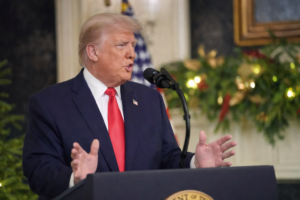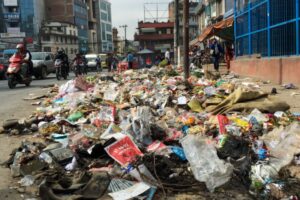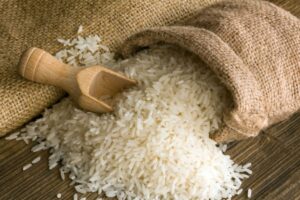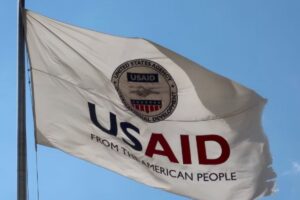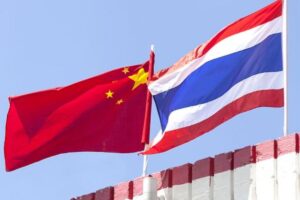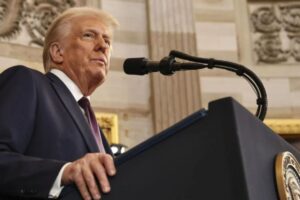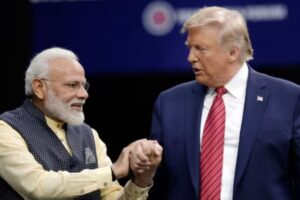Bangladeshi traders are reportedly being forced to import goods from Pakistan. This is happening as maritime ties between the two countries is strengthening more. This follows the arrival of a second cargo vessel from Karachi at Chittagong Port this week. The Panama-flagged ship, ‘MV Yuan Xiang Fa Zhan,‘ entered Bangladesh waters on Sunday. It traveled via Karachi, Pakistan, and Dubai, UAE, carrying 811 containers of essential industrial materials. The materials include soda ash, dolomite, marble blocks, garments raw materials, sugar, and electronic goods, as reported by Dhaka Tribune and Daily […]
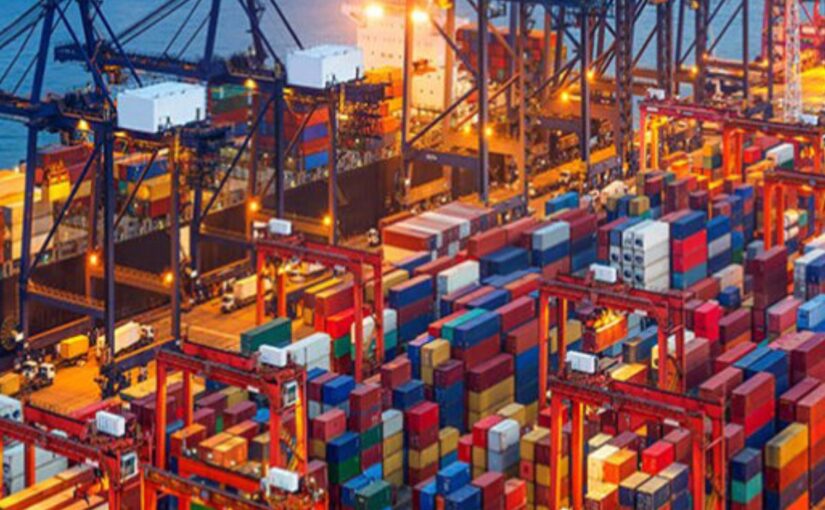
Bangladeshi Traders "Compelled" To Import Goods From Pakistan As Maritime Relations Strengthen
Bangladeshi traders are reportedly being forced to import goods from Pakistan. This is happening as maritime ties between the two countries is strengthening more. This follows the arrival of a second cargo vessel from Karachi at Chittagong Port this week. The Panama-flagged ship, ‘MV Yuan Xiang Fa Zhan,‘ entered Bangladesh waters on Sunday. It traveled via Karachi, Pakistan, and Dubai, UAE, carrying 811 containers of essential industrial materials. The materials include soda ash, dolomite, marble blocks, garments raw materials, sugar, and electronic goods, as reported by Dhaka Tribune and Daily Observer.
This development occurred shortly after Bangladesh’s interim leader, Professor Muhammad Yunus, met Pakistan’s Prime Minister Shehbaz Sharif in Cairo, Egypt. The two leaders agreed to strengthen bilateral relations.
Due to these bilateral relations, the growing cooperation between Pakistan and Bangladesh raises concerns for India. Sources told The Economic Times that Bangladeshi traders are compelled to import from Pakistan. Some officials in Bangladesh’s shipping ministry have even suggested reviewing the India-Bangladesh shipping pact. This allows India access to Chittagong and Mongla ports.
Chittagong Port, located strategically in the Bay of Bengal, has been a focus of India’s interests, especially since 2004 when a large consignment of Chinese ammunition was intercepted there. The consignment, valued at approximately USD 4.5-7 million, was allegedly meant for the United Liberation Front of Assam (ULFA), an insurgent group in India, and was said to have been organized by Pakistan’s intelligence agency, ISI.
As India remains concerned about potential resurgence of Islamist extremism in Bangladesh. This could target India and aid insurgent groups in northeastern states. Adding to this concern, Bangladesh removed a key regulation in September that required physical inspection of cargo from Pakistan. This change allows Pakistani vessels to operate more freely through Bangladeshi waters without inspection.
Previously, under the leadership of Sheikh Hasina, Bangladesh enforced a policy that required Pakistani cargo to be offloaded in third-party countries, such as Malaysia, Singapore, or Sri Lanka, before being shipped to Bangladesh. Indian authorities closely monitored sea routes to and from Chittagong.
Since taking office in August, Yunus, the 84-year-old Nobel laureate, has sought to improve ties with Pakistan, a shift from Hasina’s pro-India stance. A key moment in this new direction came in November when the Chinese cargo ship ‘MV Yuan Xian Fa Zhong‘ arrived in Chittagong from Karachi, marking the first direct maritime link between the two nations in over five decades.
Since taking office, Yunus has met Prime Minister Sharif twice. Their latest meeting in Cairo, during the D-8 summit, focused on resolving issues stemming from Bangladesh’s 1971 separation from Pakistan. Sharif referred to Bangladesh as a “brotherly country” and expressed optimism about strengthening ties between the two nations. Both leaders agreed to enhance relations through increased trade, commerce, and cultural exchanges.

